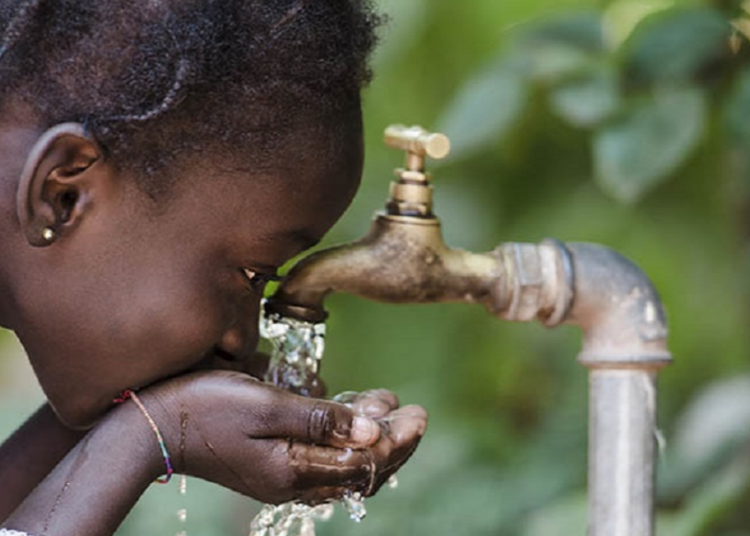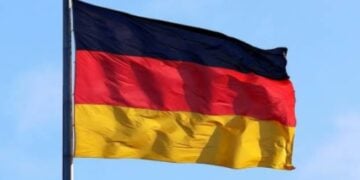More than 73,000 people in Kebbi and Sokoto States have gained access to improved water supply following the construction of 19 new solar-powered boreholes and the rehabilitation of 27 non-functional hand pump boreholes.
A statement issued by the United States Embassy in Abuja, noted that this initiative was taken by The United States Agency for International Development’s (USAID) to support improved access to water, sanitation, and hygiene in health centers, schools, and underserved communities.
The two-year Integrated Water Sanitation and Hygiene Services (i-WASH) activity worked with state ministries, local government WASH units, rural water supply and sanitation agencies, and local communities to improve WASH services in seven schools, four health centers, and 46 rural communities.
The activity guaranteed access to 13 improved Latrine and 17 handwashing facilities for school students and users of primary healthcare centers. About 100 remote sensors were deployed to monitor water pumps in Kebbi and Sokoto States.
Speaking on the successful completion of the i-WASH activity recently in Abuja, USAID/Nigeria WASH Team Lead, Latif-ur Rahman said, “Through our partnership with Green Habitat Initiative, we have introduced a new system of remote monitoring of the functionality of water pumps to increase transparency and accountability of WASH investments and reduce the downtime of facilities.”
This $2 million i-WASH activity contributed to the Nigerian government’s efforts to reduce waterborne diseases and associated socio-economic challenges and is helping to accelerate Nigeria’s achievement of health, water, and sanitation targets for United Nations’ Sustainable Development Goals 3 and 6.





